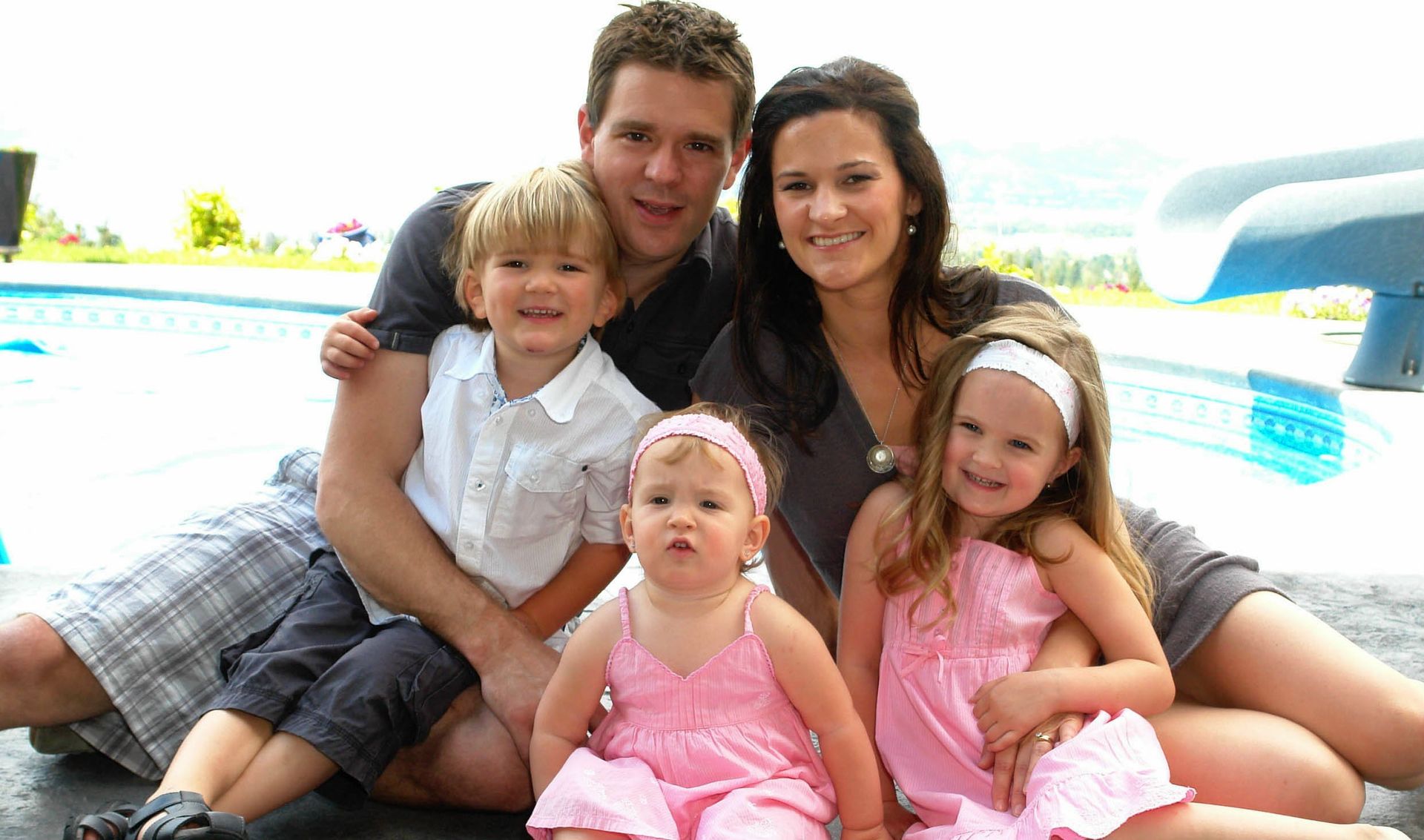The roast chicken was predictably dry, a metaphor, perhaps, for the conversation itself. It sat heavy on the table, much like the unspoken truth weighing on my chest. “She’s doing so well, all things considered!” my cousin Brenda chirped, her voice a little too bright, a little too loud in the quiet dining room. I nodded, a well-rehearsed, empty gesture, my mind still replaying the scene from that very morning. An hour spent on my knees, scrubbing linoleum, my mother’s terrified whimpers echoing in the small bathroom after yet another ‘accident.’ Three, to be precise, that week alone.
We need to stop pretending that this isn’t messy.
The Tyranny of ‘Grace’
That guilt, it’s a constant companion, isn’t it? That insidious whisper in your ear telling you you’re not positive enough, not grateful enough, not ‘strong’ enough to meet the relentless decline of someone you love with a smile. It’s a feeling born from what I’ve come to understand as the tyranny of ‘aging gracefully.’ It’s a phrase, well-meaning in its origins perhaps, that has mutated into a form of toxic positivity, designed to silence legitimate rage, fear, and the sheer, unvarnished ugliness of decline.
It’s a cultural demand that asks us to paint over the cracks, to smooth out the wrinkles, not just on the skin, but on the very fabric of human experience. It demands a performance of serenity, a theatrical bow to dignity, even when dignity has packed its bags and left the building. And in doing so, it isolates both the aging parent, trapped in a pretense they can no longer maintain, and the caregiver, wrestling with emotions deemed unacceptable.
Messy Reality
False Serenity
Honesty in the Trenches
I think of Sam J.-M., a hazmat disposal coordinator I knew briefly from a community clean-up effort. Sam didn’t talk about ‘grace’ when he described removing 233 pounds of biohazardous waste from a hoarder’s home. He talked about protocols, about the sheer physical challenge, about the tools needed to deal with a profound mess. He embraced the reality of it. There was an honesty there, a lack of pretense that I find profoundly missing in the discourse around aging.
“Why do we insist on sanitizing the language? By calling it ‘aging gracefully,’ we deny people the dignity of their true experience. We prevent the honest, messy conversations that are absolutely required to navigate one of life’s most difficult stages.”
I admit, I’ve been guilty of it myself. Just last month, after my mother refused to wear a fresh adult diaper for the third time in a row, I tried to make a light joke about it. She looked at me, her eyes clouded with a fleeting moment of clarity, and said, “I know what you’re doing, dear. And I hate it.” That stung, a direct hit to my carefully constructed facade of optimism.
Raging Against the Dying Light
My mother, bless her heart, has not ‘aged gracefully.’ She has raged against the dying of the light. She has cried, sometimes for 43 minutes straight, over memories that refuse to stay put, over the loss of control, over the inexplicable vanishing of her own mind. She has been angry and sad and deeply, profoundly terrified. And I have been angry and sad and deeply, profoundly terrified right alongside her. To pretend otherwise, to slap a ‘graceful’ label on it, feels like a betrayal of her struggle, and frankly, a betrayal of my own.
Rage
Against decline
Fear
Of the unknown
Sadness
For what is lost
The Unsung Realities
It’s not just the emotional toll; the practical side is equally demanding. There’s the relentless logistics: managing appointments, handling prescriptions, adapting the home. The financial strain can be enormous; I’ve seen families shell out upwards of $3,003 a month for various services. These are the brutal, unsung realities that ‘aging gracefully’ conveniently sweeps under the rug. Who talks about the need for specific, tailored support when the expectation is simply to ‘carry on beautifully’?
Monthly Care Costs
$3,003+
Shifting to Truthful Support
We need to shift our focus. Instead of demanding a performance, we need to ask: What does genuine support look like for this messy, unpredictable journey? What does it mean to offer care that acknowledges the fear, the frustration, the exhaustion, and yes, even the occasional spark of unexpected joy that still manages to break through?
Sometimes, it means admitting that you simply cannot do it all alone, that professional help provides not just practical assistance but also much-needed relief for the caregiver. This is where real, tangible support, like professional home care services, becomes less a luxury and more an absolute necessity for everyone involved, offering a lifeline amidst the storms.
The Heroism of Showing Up
I remember missing my bus by ten seconds once, utterly defeated. It wasn’t a huge deal in the grand scheme of things, but in that moment, it felt like the final straw, a small failure amplifying all the larger, unfixable failures swirling around me. That’s what this whole ‘graceful aging’ narrative feels like sometimes: a constant, low-grade failure for those of us who are just trying to survive the day, and then the next, and the next. It’s an extra layer of expectation we don’t need, an unhelpful ideal that obscures the true heroism found in simply showing up, day after difficult day.
Embracing Truthful Aging
What if, instead of ‘aging gracefully,’ we aimed for ‘aging truthfully’? What if we allowed for the full spectrum of human experience, the grief, the rage, the confusion, alongside the quiet moments of connection and love? We owe it to our parents, and to ourselves, to embrace the reality, however uncomfortable, however imperfect it may be. Only then can we find genuine compassion, and perhaps, a truer form of grace, not in denial, but in the brave acceptance of what is.


